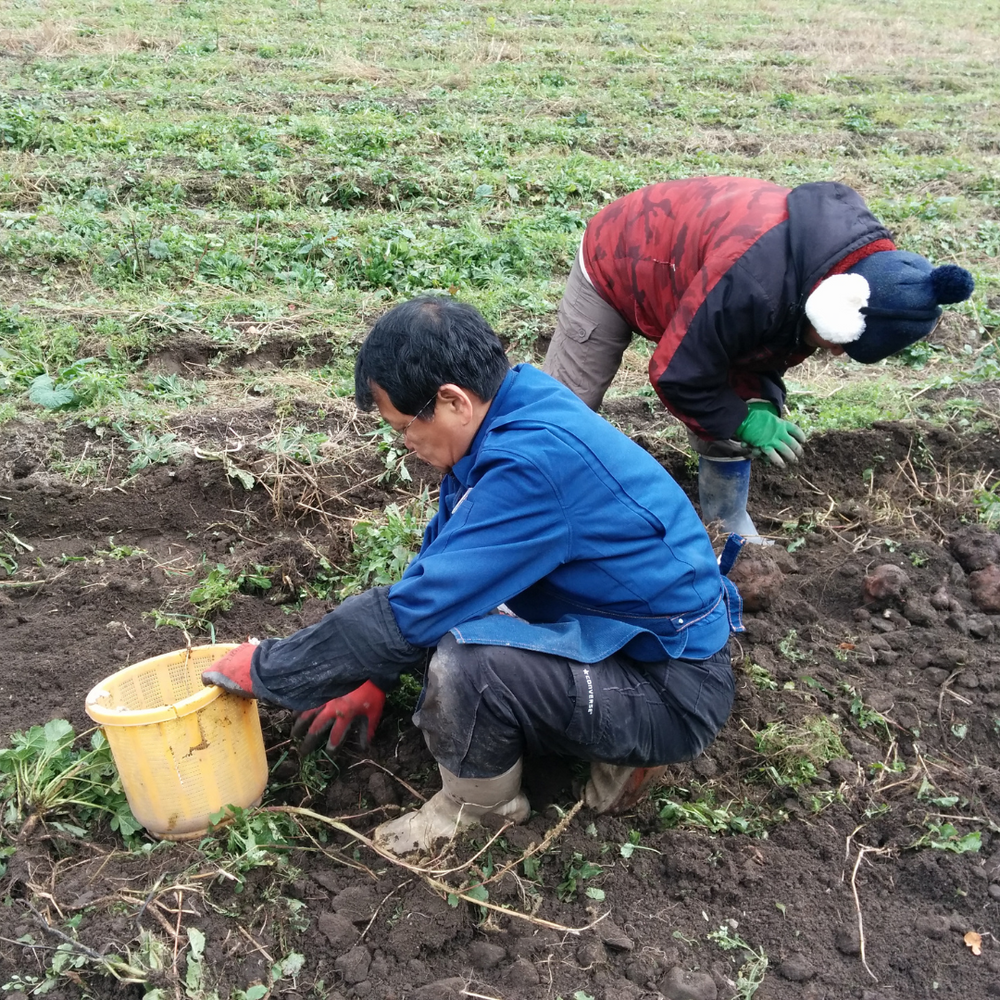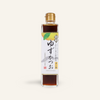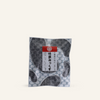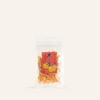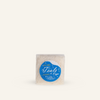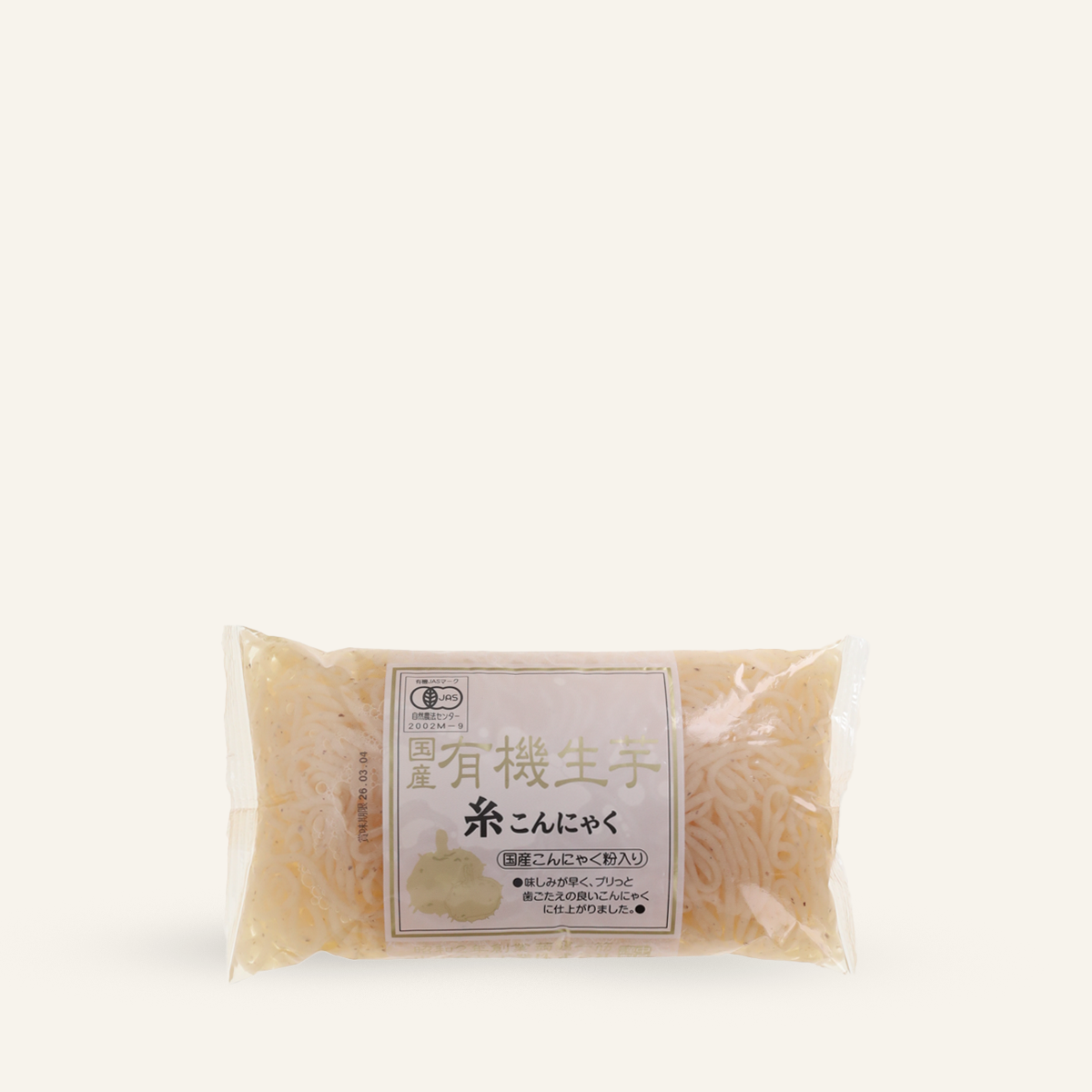
Usage
Rinse konjac noodles thoroughly before use. They should be seasoned with relatively strong broths or sauces because they have a mild flavor. Highly heat-resistant, they can be eaten both hot and cold. You can easily add them to a boiling soup, for example. They'll be delicious in a kimchi broth, stir-fried with vegetables and soy sauce, or with salmon and a cream, lemon, and dill sauce.
